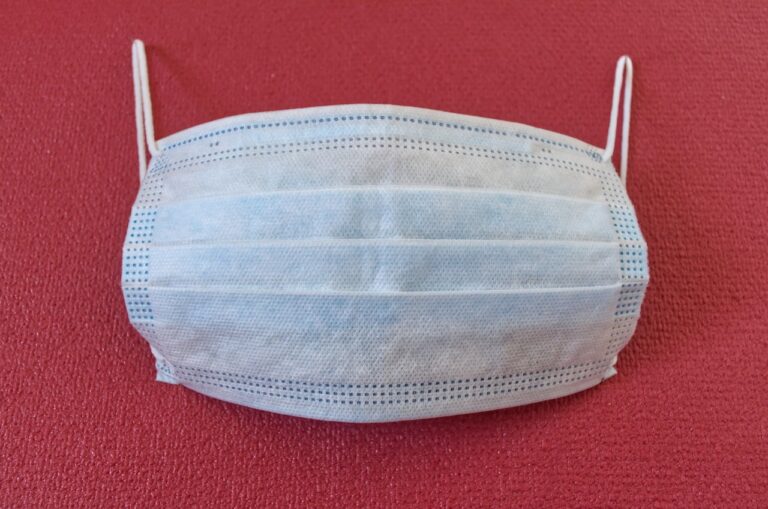The Impact of Air Pollution on Public Health
Vehicular emissions are a significant contributor to air pollution, releasing various pollutants such as nitrogen oxides, carbon monoxide, and particulate matter. Cars, trucks, and other vehicles emit these harmful substances through combustion processes, impacting air quality in urban areas.
Industrial activities represent another major source of air pollution, with factories and manufacturing plants releasing pollutants like sulfur dioxide, volatile organic compounds, and heavy metals into the atmosphere. From chemical production to energy generation, industrial processes emit a range of pollutants that can have detrimental effects on human health and the environment.
Health Effects of Air Pollution
Exposure to air pollution can have significant impacts on human health. Particulate matter, nitrogen dioxide, and sulfur dioxide are some of the key pollutants that contribute to respiratory issues such as asthma and bronchitis. Prolonged exposure to these pollutants can exacerbate existing respiratory conditions and increase the risk of developing new ones. Inhaling polluted air can also lead to irritation of the eyes, nose, and throat, causing discomfort and potential long-term damage.
Additionally, air pollution has been linked to cardiovascular problems, including heart attacks and strokes. The fine particles in polluted air can enter the bloodstream and affect the heart and blood vessels, leading to an increased risk of cardiovascular diseases. Furthermore, exposure to air pollution has been associated with adverse effects on the nervous system and cognitive function. Research suggests that prolonged exposure to air pollutants may contribute to cognitive decline and neurological disorders.
What are some common sources of air pollution?
Common sources of air pollution include vehicle emissions, industrial activities, power plants, and wildfires.
How does air pollution affect our health?
Air pollution can cause a variety of health issues, including respiratory problems, cardiovascular diseases, and even cancer.
Are children more vulnerable to the health effects of air pollution?
Yes, children are more vulnerable to the health effects of air pollution as their bodies are still developing and they tend to breathe more rapidly than adults.
Can air pollution worsen existing health conditions?
Yes, air pollution can worsen existing health conditions such as asthma, allergies, and heart disease.
What can individuals do to protect themselves from the health effects of air pollution?
Individuals can protect themselves from the health effects of air pollution by avoiding outdoor activities on high pollution days, using air purifiers indoors, and reducing their own contribution to air pollution by using public transportation or carpooling.





